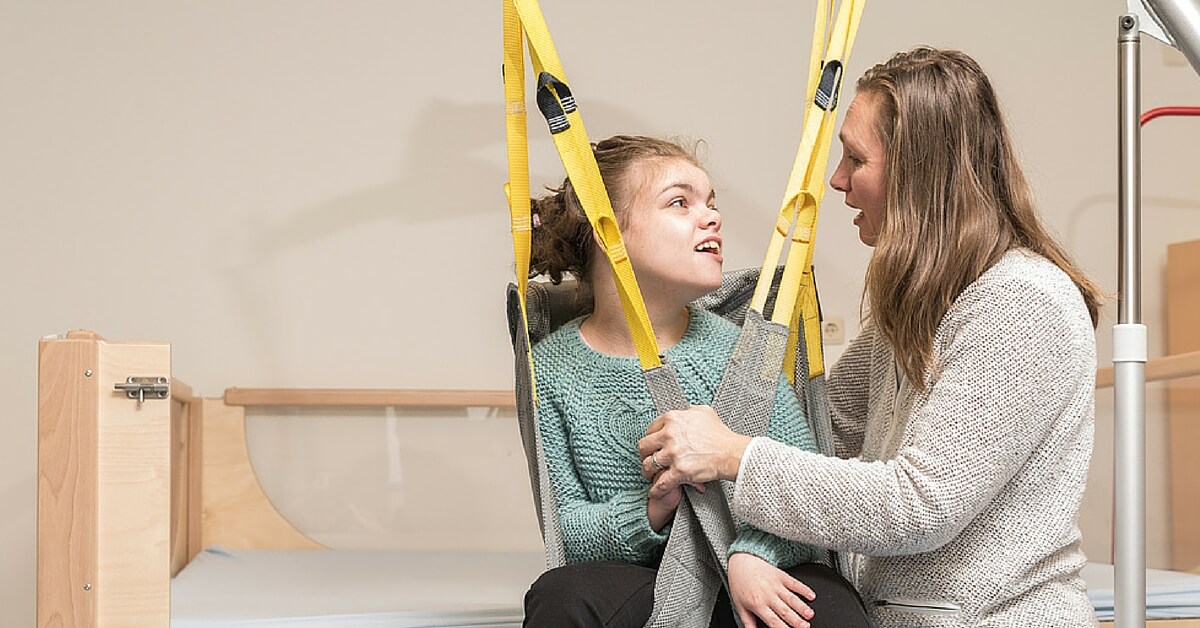
What Any Divorce Lawyer Should Tell You About Custody and Special Needs Children
Are you worried your soon-to-be-ex is unfit to take care of your child with special needs? You may even be considering talking to a divorce lawyer about sole custody.
Divorce is always heart-wrenching for parents, but it can be even more so when children with special needs are involved. They might not understand what’s going on, and it can disrupt their carefully scheduled routines. Frequently, lawyers and judges might not have a deep understanding of the issues at stake, which can lead to rulings that aren’t in the best interest of the child or the family. Read on to learn what you should know about custody issues and special needs children.
Who Gets Custody of Special Needs Children?
When it comes to divorce, there are two types of parents: those who can work together to develop a custody arrangement that will benefit the child, and those who need the help of a third party to do so.
In the latter cases, a judge will review the child’s circumstances and draft an order about who will have custody of the child.
What criteria does the judge look at when drafting an order?
The judge has to decide what’s in the best interests of the child based on the evidence presented to him or her. These best interests include the relationship between the child and the caregiver, the child’s preferences, and in the case of a child with special needs, whether the parent is able to care for the child properly. If a parent can’t demonstrate that he or she can look after a special needs child, the judge will award custody to the parent who can.
Related: Co-Parenting With a Special Needs Child
Custody Arrangements and the Special Needs Child
Developing custody arrangements for a special needs child must be done with care and sensitivity. The judge and lawyers must take into account the child’s situation.
For example, some autistic children have difficulties transitioning between one activity and the next. A plan under which such a child would live two days out of the week with his mother and three days out of the week with his father could disturb the child’s sense of equilibrium and lead to serious behavioural issues.
In addition, some children with special needs require certain types of equipment to help them overcome mobility issues. If only one of the parents has regular access to that equipment, it will create problems for the parent who doesn’t, and it will make visitation significantly more difficult.
Child Support for Special Needs Children
Under Canadian law, both parents have an obligation to support their children, regardless of whether they’re still married. In Ontario, the parent who has custody of the dependent child receives child support from the parent without custody.
Provincial law defines a dependent child as a child who cannot support him or herself. Generally, child support ends for children after they turn 18. However, the law states that if a child is sick or has a disability that prevents him or her from becoming independent, the child will continue to receive support payments.
Provincial and federal guidelines dictate how much non-custodial parents pay in support. Those are basic amounts, though, and they don’t include what the government calls “special or extraordinary” expenses. These expenses go above and beyond what you can pay based on your income and the lowest legal amount of support. In the cases of special needs children, these special or extraordinary expenses could be for the children’s day to day care.
Parents of special needs children must figure out how to share these special or extraordinary expenses between themselves. The parent paying child support will then calculate how much more in support payments he or she will pay to cover these costs.
Turn to a Family Law Expert to Guide You through the Custody Process
Determining who will have custody of a child, especially one with special needs, can destroy a dynamic already impacted by divorce. An experienced divorce lawyer can help you untangle difficult custody issues that lead to an outcome in everyone’s best interests.
Fine & Associates Professional Corporation is a well-respected Toronto Law Firm that prides itself on providing quality personal service and favourable outcomes in Family Law and Divorce Law.
